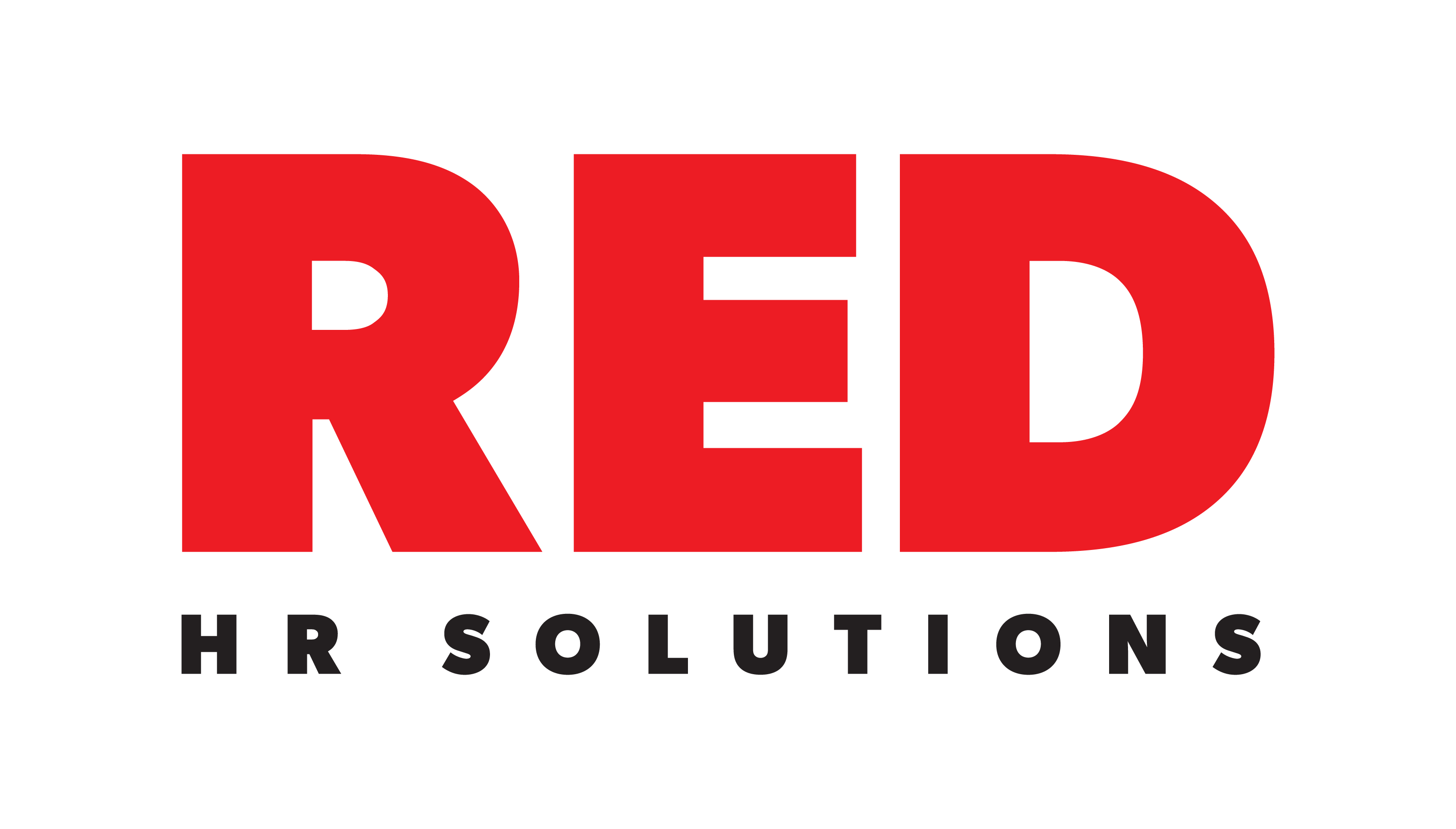Understanding Legal and Compliance Aspects in Your Outsourcing Journey
페이지 정보
작성자 Linette Nowacki 댓글 0건 조회 4회 작성일 25-03-14 14:07본문
This short article is a submission by Managed Services Partners. Managed Services Partners is an outsourcing company with over 6 years of experience assisting businesses improve operations and drive growth.

Embarking on the outsourcing journey is an endeavor that numerous organizations carry out to improve performances, reduce expenses, and take advantage of specialized skill.

However, together with these prospective benefits come a host of legal and compliance intricacies that should be carefully browsed to guarantee the success and sustainability of contracting out initiatives.
This comprehensive guide will check out essential legal and compliance factors to consider, with a concentrate on data privacy laws, non-disclosure arrangements (NDAs), non-compete clauses, and the important function of adaptability in today's vibrant service environment.
The contracting out landscape
Outsourcing is more than a method for unloading non-core jobs; it is a transformative approach that can boost a company's adaptability and competitiveness.
Whether it's IT services, consumer assistance, manufacturing processes, or human resources, outsourcing can provide a substantial edge. Companies that successfully contract out can concentrate on core company operations, drive innovation, and gain access to top skill without the overhead expenses of full-time work.
However, this journey is not without its legal and compliance obstacles. Companies should be mindful of the complexities surrounding the transfer and management of data, the defense of intellectual home (IP), and the upkeep of regulatory compliance.
Given the international nature of outsourcing, organizations must likewise think about cross-border legal implications, which might vary considerably depending on the nation where the outsourcing service runs.
Understanding these aspects is essential in making sure that contracting out collaborations line up with a company's strategic objectives while mitigating possible legal threats.
Oftentimes, services that disregard legal and compliance considerations face costly disagreements, loss of sensitive data, or reputational damage that can take years to recover from.
Importance of legal considerations
Outsourcing naturally involves legal factors to consider that are important to securing a business's interests. At the forefront is the requirement to protect delicate details. Companies should comprehend and follow information privacy laws that govern the jurisdictions in which they run.
This is specifically critical as information breaches can result in serious punitive damages and reputational damage.

Furthermore, intellectual property rights need to be plainly defined in contracting out contracts to avoid unauthorized use or misappropriation of exclusive possessions. If these rights are not effectively developed, a business might lose control over vital innovations or private service procedures.
For services operating in highly managed markets such as healthcare, financing, or legal services, compliance requirements are much more strict.
Following policies such as the General Data Protection Regulation (GDPR) in Europe or the Health Insurance Portability and Accountability Act (HIPAA) in the United States is important to preventing legal issues.
Non-Disclosure Agreements (NDAs) and non-compete clauses

When outsourcing, companies frequently share proprietary info with external service companies.
To secure this valuable details, NDAs are employed. These arrangements are designed to avoid the unapproved dissemination of confidential information, consequently protecting the company's competitive advantage.
NDAs must be detailed and legally binding, plainly detailing what constitutes confidential information and the responsibilities of both celebrations in dealing with delicate information. Businesses ought to likewise make sure that their NDAs consist of provisions for legal recourse in case of breaches.
Similarly, non-compete provisions can be included to prevent company from making use of delicate understanding gained throughout the outsourcing collaboration to benefit a rival. This is particularly essential when contracting out freelancers or firms that might have multiple clients in the same market.
However, the enforceability of non-compete provisions can vary substantially depending on the jurisdiction. Some areas have rigorous guidelines limiting the scope and period of such stipulations.
Therefore, it's vital for business to consult legal specialists with experience in the pertinent legal structures to prepare effective contracts.
Contracts: Setting the foundation
Contracts function as the plan for the contracting out partnership, defining functions, duties, deliverables, and timelines. They also describe the legal and compliance expectations for both celebrations.
A well-structured contract should address numerous crucial aspects:
Scope of work: Clear and comprehensive descriptions of the services to be offered, including quality standards and performance metrics.
Data security: Specific provisions associated with data defense, data transfer treatments, and breach alert procedures to make sure adherence to privacy laws.
Copyright rights: Provisions that establish ownership of IP produced throughout the partnership, and terms that safeguard pre-existing IP.
Termination clauses: Terms that attend to the possible end of the outsourcing relationship, including notice durations and conditions under which termination can occur without penalty.
Additionally, businesses need to consider carrying out service-level agreements (SLAs) to make sure responsibility and performance tracking. SLAs define measurable criteria that the outsourcing provider need to satisfy, providing companies with option if expectations are not fulfilled.
Engaging with company
Consulting with prospective provider throughout the early stages of the outsourcing journey is a strategic relocation. This engagement allows business to gauge the company's capability to satisfy legal and compliance requirements.
Thorough vetting processes, such as asking for references, evaluating past jobs, and evaluating compliance certifications, can supply important insights into the service provider's dependability and adherence to industry requirements.
Businesses should also assess the monetary stability of potential contracting out partners.
A provider that deals with monetary difficulties may not be able to maintain operations long-lasting, posturing a danger to ongoing tasks. Conducting due diligence in advance can prevent future disruptions.
The role of versatility in legal and compliance techniques
Adaptability is a vital element of effective outsourcing, particularly when it concerns navigating progressing legal landscapes. Regulations and market conditions can change rapidly, making it important for companies to remain agile.
Building versatility into contracts and establishing procedures for ongoing compliance monitoring can help companies adapt to brand-new legal requirements and preserve a competitive edge.
For example, if a company is outsourcing consumer assistance operations to numerous countries, they need to guarantee compliance with different nationwide laws concerning customer defense and data privacy.

Regularly upgrading policies and agreements in reaction to legislative modifications can prevent legal risks.
Real-world considerations and best practices
To guarantee legal and compliance success in outsourcing, businesses need to adopt the following best practices:
Regular audits and assessments

Conduct routine audits and evaluations to ensure that service suppliers stay certified with legal and regulatory requirements. This proactive technique can assist determine prospective spaces before they intensify into considerable issues.
Training and awareness
Educate staff members and outsourced teams on information protection practices and legal obligations. This guarantees that everyone associated with the outsourcing journey understands the significance of compliance and the role they play in securing info.
Collaboration and communication
Foster a collaborative relationship with company. Open lines of interaction can help deal with compliance concerns without delay and help with joint problem-solving efforts.

Crisis management planning
Have contingency plans in location in case of security breaches, agreement conflicts, or service provider failures. A well-structured crisis management strategy guarantees that businesses can rapidly react to obstacles without substantial disturbances.
Legal compliance for contracting out success
Understanding the legal and compliance aspects of outsourcing is necessary for businesses seeking to take advantage of external abilities while protecting their interests. By concentrating on essential areas such as information personal privacy, NDAs, non-compete clauses, copyright rights, and flexibility, business can effectively navigate the outsourcing landscape.
Successful contracting out hinges on a collective method between the business and its provider. Building trust and maintaining transparent interaction can cause reliable analytical and a shared dedication to compliance.
댓글목록
등록된 댓글이 없습니다.





 전체상품검색
전체상품검색




